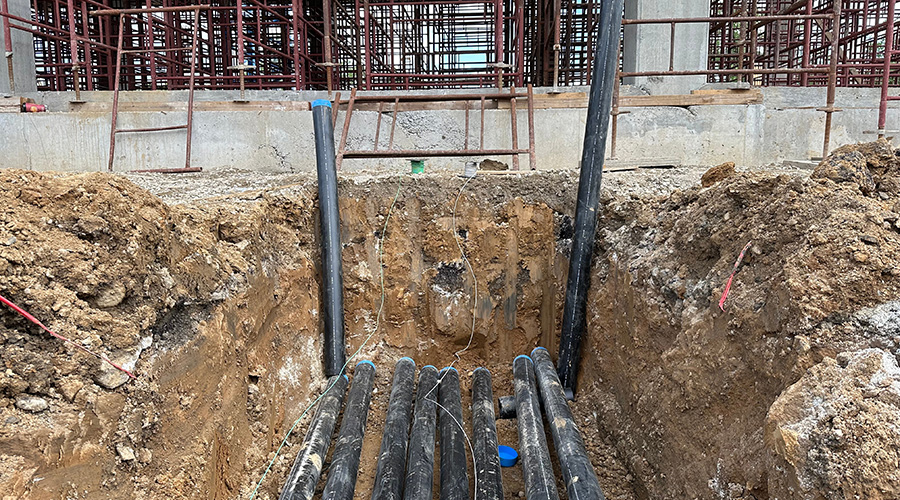With Building Controls, Age May or May Not Be the Reason for Problems
May 11, 2012
Today's tip from
Building Operating Management comes from Rita Tatum, contributing editor for the magazine: Facility managers should recognize common problems with older controls, but also recognize that the age of controls may not be the real issue.
One widely recognized problem with older controls is getting repair parts and service on older controls. Another common issue tied to the age of controls is greater difficulty integrating one control system into other systems. "Older controls generally have proprietary protocols," says Jim Sinopoli, managing principal for Smart Buildings.
Another issue is that older controls just don’t have the capabilities to meet the needs of the organization. "The problem of aging controls is not always a functional problem, as much as a need for improvement to meet the wants of a tenant, the inability to control the use of energy or the ability to reduce labor costs associated with operating less dependable equipment," says Jack Althoff, owner representative, ProJX Inc.
Many older control systems do not offer capabilities like load-shedding or point-of-use zone control, says Althoff. With pneumatic or analog controls, tighter operating parameters are not possible because of the large swings in actuator travel inherent in such designs.
But when a facility manager is experiencing controls problems, it's important to remember that aging controls are not always the culprit, according to Jack McGowan, CEO of Energy Control Inc. The building control problems that McGowan typically encounters are not technical issues or control-failure issues. "The biggest issue is that over time a variety of staff interfere with, circumvent and bypass systems," McGowan says. "This is a symptom of the real problem, which is that there is rarely a disciplined long-term program to leverage controls, ensuring that they remain operational."
This has been a
Building Operating Management Tip of the Day. Thanks for listening.
Next
Read next on FacilitiesNet







